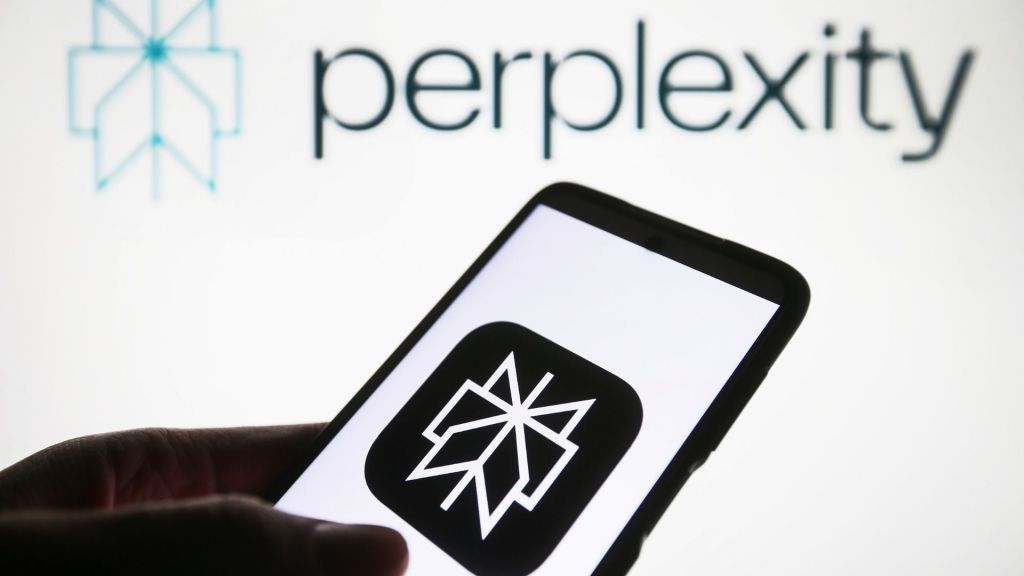In a David-and-Goliath bid, Perplexity AI offered $34.5 billion in cash for Google’s Chrome browser, seeking control of a gateway to billions of users in the AI search race.
The unsolicited offer, made Tuesday, far exceeds the three-year-old startup’s $14 billion valuation and comes as browsers regain prominence as entry points to search traffic and user data.
Chrome commands more than 60 percent of the global market, directing vast traffic to Google Search and the ad revenue it generates.
Browser war heats up
Perplexity is best known for its AI-powered search engine that gives users simple answers to questions and links out to the original source material on the web. Last month, it launched its own AI-powered browser called Comet.
The startup is in the middle of a battle for supremacy in generative AI, with companies including Meta and OpenAI offering massive salaries and signing bonuses to top engineers.
Megacap tech companies are spending tens of billions of dollars a year on AI infrastructure to build large language models and run hefty workloads, while startups are raising billions of dollars from venture investors, hedge funds, and tech giants to pay for the hardware and headcount needed to compete.
Perplexity was approached by Meta earlier this year about a potential acquisition, but the companies did not finalize a deal.
Perplexity, led by CEO Aravind Srinivas, already operates an AI-powered browser called Comet.
Buying Chrome would give it access to more than 3 billion users and a stronger position against larger rivals like OpenAI, which is developing its own AI browser.
The bid follows Perplexity’s headline-grabbing January proposal to merge with TikTok’s U.S. business to resolve national security concerns over Chinese ownership.
Antitrust clouds the deal
Backed by investors including Nvidia and Japan’s SoftBank, the company has raised about $1 billion to date. Perplexity said multiple unnamed funds have offered to finance the Chrome deal fully.
Alphabet has not offered Chrome for sale and did not respond to Reuters requests for comment. The browser is central to Google’s AI strategy, which includes rolling out AI-generated search summaries called Overviews.
Regulators, however, have sought remedies in a U.S. antitrust case against Google, with the Justice Department pushing for a Chrome divestiture.
A ruling on possible remedies is expected this month from U.S. District Judge Amit Mehta, who legal experts say may delay any sale order until appeals are exhausted — a process that could take years. Google plans to appeal a 2023 court finding that it held an unlawful monopoly in online search.
Perplexity’s offer includes keeping Chrome’s underlying code, Chromium, open source, investing $3 billion over two years, and making no changes to the default search engine.
The company said the all-cash proposal would preserve user choice and ease competition concerns.
DuckDuckGo CEO Gabriel Weinberg has suggested Chrome could be worth at least $50 billion if Google were forced to sell.
Analysts say Google is unlikely to part with the browser voluntarily and would probably fight in court to prevent it.

